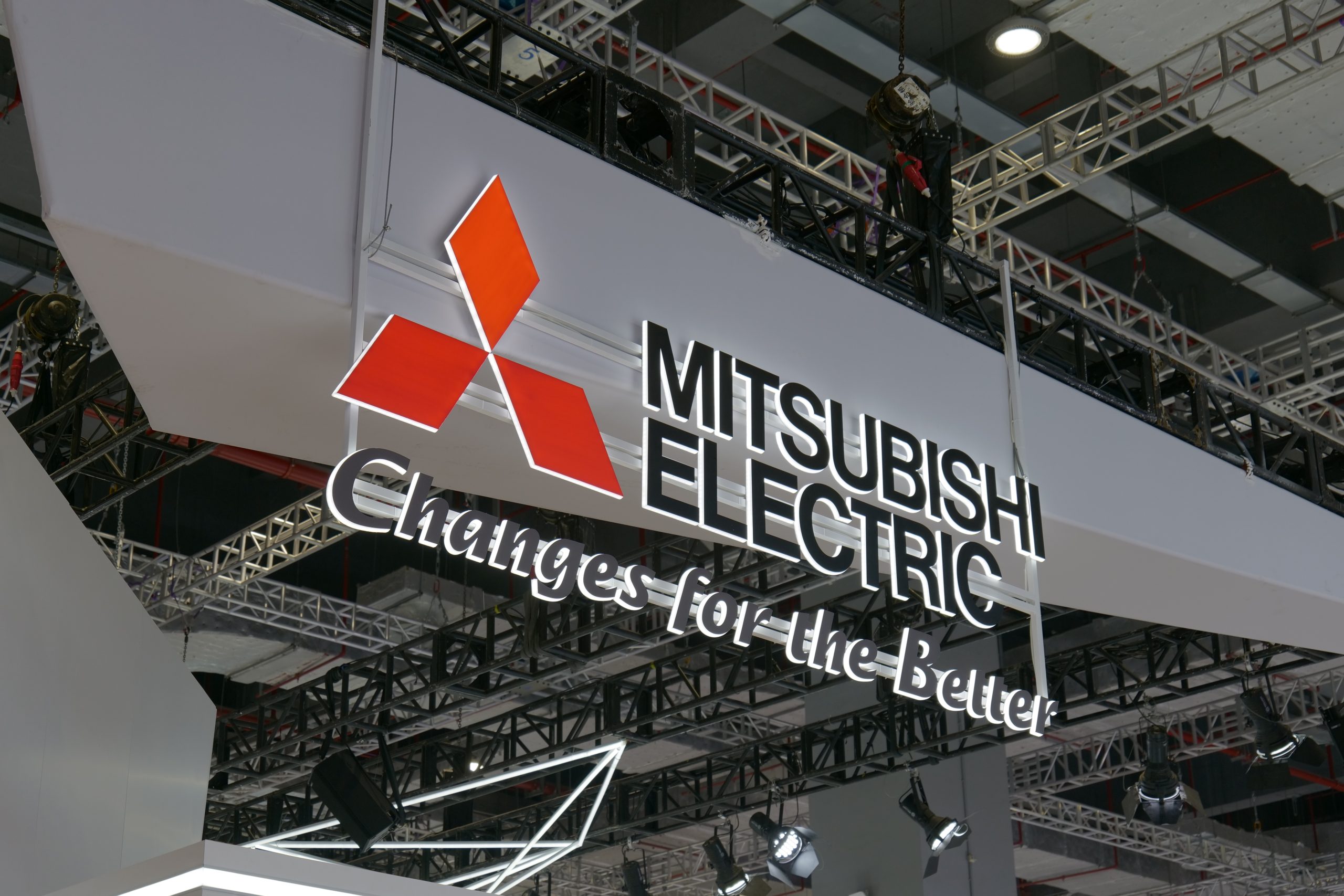As Big Tech companies race to dominate the A.I. arms race, a surge in demand for hardware powering A.I. has resulted in massive paydays for companies that make it. Mitsubishi Electric, a Tokyo-based company that manufactures electronics and electrical equipment, has recently seen a surge in sales for its optic transceivers, which are key to enabling high-speed transmission in data centers. (Mitsubishi Electric and Mitsubishi Motors are both connected to Mitsubishi Heavy Industries.)
Demand for the devices is so high that Mitsubishi Electric is planning on increasing its production capacity by 50 percent next month, said Masayoshi Takemi, executive officer and group president of the company’s semiconductor and devices business, in an interview with Bloomberg. “But that won’t be enough to meet the strong level of inquiries we’re getting,” he said. “We may need to double what we’ll have in September.”
A desire for bolstered data center capacity is largely driven by the mass energy use required for A.I. A ChatGPT query, for example, takes up nearly ten times as much electricity as a Google search, according to a recent Goldman Sachs report. The report estimated data center energy demands will grow by 130 percent by the end of the decade. Data centers operated by hyperscalers—cloud service providers offering mass amounts of computing and storage—have proliferated in recent years, with 1,000 established globally as of early 2024, according to data from the Synergy Research Group. In the coming years, 120 to 130 data centers are expected to come online, said the research firm.
What are optical transceivers?
Companies like Nvidia (NVDA), which supplies the graphics processing units (GPUs) in data centers that power A.I. models, have also struggled to keep up with soaring demand. Data centers housing servers of GPUs, or A.I. accelerators, rely on optical transceivers to facilitate the high-speed transmission of data between these servers. Mitsubishi Electric says it is currently the global leader for the devices, accounting for almost 50 percent of the optical transceiver market.
While Takemi didn’t name Mitsubishi Electric’s clients, he told Bloomberg that it wouldn’t be an exaggeration to say all U.S. hyperscalers are customers. Inquiries from the top data center providers, which include Amazon, Microsoft, Alphabet, Meta and Apple, are “very strong” and “still growing,” he said.
The company’s semiconductor and devices division brought in 74.5 billion Japanese Yen ($514 million) in revenue between April and June, a 9 percent increase year-over-year. Earlier this month, it also announced plans to begin producing a next-generation optical chip that will have samples shipped in October to expand the speed of its optical transceivers. “Especially in data centers, where the market is growing rapidly, communication speeds are shifting from 400 [gigabits per second] to 800 [gigabits per second] and even 1.6 [tera-bits per second],” said Mitsubishi Electric in a statement.
The optical devices market will be dominated by these ultra high-speed ranges as it continues to rapidly grow, according to a recent Mitsubishi Electric report. The industry was valued at around $4 billion in 2023, said the company, and is expected to triple in value to nearly $12 billion by 2029.

